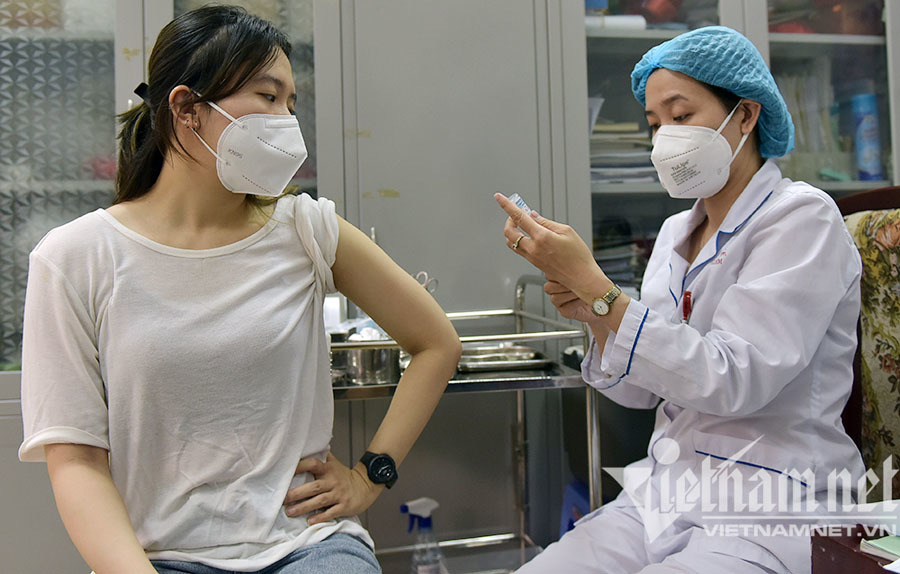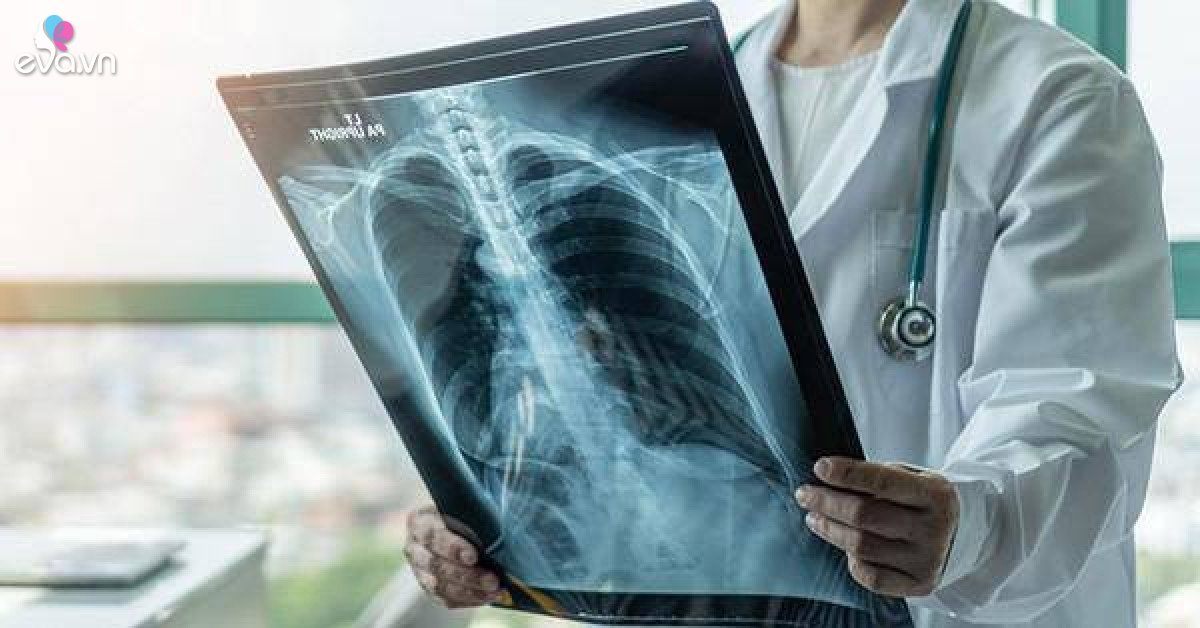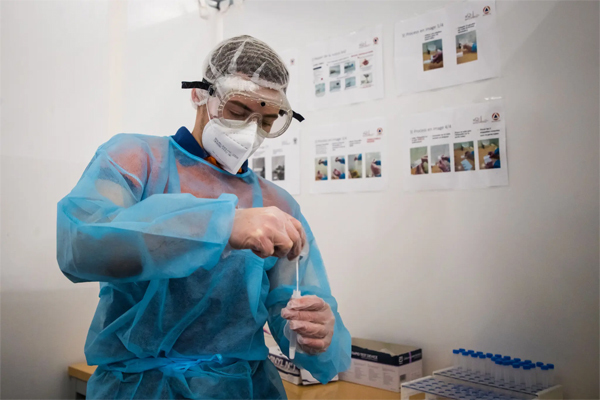Can amenorrhea get pregnant?
Women who are infertile due to the absence of menstrual periods can still conceive using donor eggs or artificial insemination.
Amenorrhea is a condition in which a woman does not have a period even though she has passed puberty, is not pregnant, and has not gone through menopause. There are two types of amenorrhea: Primary amenorrhea is when a young woman doesn’t have her first period by the age of 15. Secondary amenorrhea is when a woman has had a normal menstrual cycle, but has missed her period for 3 months or more.
In addition to not having a period, women may have a number of other symptoms, depending on the cause of the amenorrhea, such as pain in the pelvic area, poor vision, headache, acne, hair loss, etc. excessive facial hair growth, milky discharge from the nipple, or no breast development (for primary amenorrhea).
Possible causes of primary amenorrhea include: ovarian failure, problems with the central nervous system or pituitary gland (a gland in the brain that makes hormones related to menstruation), problems problems with the reproductive organs. In many cases, doctors cannot determine the cause of the absence of periods.
Common causes of secondary amenorrhea include: pregnancy, lactation, contraceptive use, and menopause. In addition, lack of nutrition, depression, excessive exercise, sudden weight gain or medical conditions can also cause amenorrhea. Women who have had their uterus or ovaries removed will also stop menstruating.

Women who have had a normal menstrual cycle but have missed their period for 3 months or more are still considered amenorrhea. Image: Freepik
Amenorrhea can still conceive
Women with primary amenorrhea may be infertile. If a woman has never had a period, chances are she may not be able to ovulate. If you don’t ovulate, there won’t be an egg to fertilize the sperm, so you can’t get pregnant. However, in some cases, a doctor can correct primary amenorrhea and correct ovulation to improve fertility. Ovulation treatment usually involves correcting hormone imbalances in the body with hormone supplements or surgery to remove tumors on the hormone-producing glands.
Primary amenorrhea affects both children and adults in the same way, but the condition is often diagnosed in adolescence. Both adults and adolescents who cannot be cured of primary amenorrhea will never have a natural period and will almost certainly need to use a donor egg to conceive.
Secondary amenorrhea can also affect a woman’s fertility because she doesn’t ovulate. There are cases where secondary amenorrhea occurs but does not affect fertility, for example some women who are breastfeeding do not have a period but still ovulate and can become pregnant without a period.
With secondary amenorrhea, your doctor can also correct secondary amenorrhea and treat ovulation with hormone supplements or surgical removal of tumors on the hormone-producing glands.
Particularly in cases of polycystic ovaries or ovarian failure causing secondary amenorrhea, patients need to see a fertility specialist for assistance in conceiving by methods such as artificial insemination, in vitro fertilization or donation. ovule.
Diagnosis and treatment of amenorrhea
Because there are many causes of amenorrhea, it can take a long time to find the exact cause. After giving you a pregnancy test to rule out a pregnancy, your doctor may perform several types of tests, such as:
Blood tests to measure the levels of certain hormones in the blood, including follicle-stimulating hormone (FSH), thyroid-stimulating hormone, prolactin, and male hormone. Too much or too little of these hormones can interfere with your menstrual cycle.
Imaging tests to check for abnormalities of the reproductive organs or the location of tumors. Tests include ultrasound, computed tomography (CT), and magnetic resonance imaging (MRI).
Hormone testing: The doctor will prescribe a hormone medicine to induce menstruation when the patient stops taking the medicine. If not, this may mean that the patient is estrogen deficient.
In addition, the doctor may also do hysteroscopy or genetic screening to identify abnormalities that may be causing amenorrhea.
Treatment of amenorrhea will focus on the underlying medical condition causing the condition. Hormone therapy or birth control pills can help you restart your menstrual cycle. If you have a thyroid or pituitary gland disorder, you can be treated with medication. If there are physical abnormalities, the patient may need surgery.
If stress, weight gain or loss, or depression are affecting your menstrual cycle, you may just need to make lifestyle and habit changes.
Mr. Ngoc (According to WebMD)
at Blogtuan.info – Source: vnexpress.net – Read the original article here



